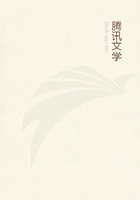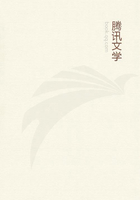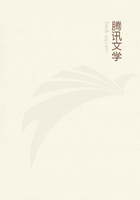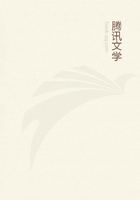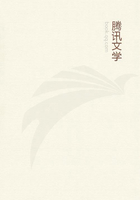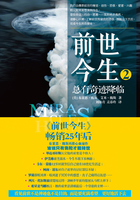There is one end, however, which may be assumed to be actually such to all rational beings (so far as imperatives apply to them, viz., as dependent beings), and, therefore, one purpose which they not merely may have, but which we may with certainty assume that they all actually have by a natural necessity, and this is happiness. The hypothetical imperative which expresses the practical necessity of an action as means to the advancement of happiness is assertorial.
We are not to present it as necessary for an uncertain and merely possible purpose, but for a purpose which we may presuppose with certainty and a priori in every man, because it belongs to his being. Now skill in the choice of means to his own greatest well-being may be called prudence,* in the narrowest sense. And thus the imperative which refers to the choice of means to one's own happiness, i.e., the precept of prudence, is still always hypothetical; the action is not commanded absolutely, but only as means to another purpose.
*The word prudence is taken in two senses: in the one it may bear the name of knowledge of the world, in the other that of private prudence. The former is a man's ability to influence others so as to use them for his own purposes. The latter is the sagacity to combine all these purposes for his own lasting benefit. This latter is properly that to which the value even of the former is reduced, and when a man is prudent in the former sense, but not in the latter, we might better say of him that he is clever and cunning, but, on the whole, imprudent.
Finally, there is an imperative which commands a certain conduct immediately, without having as its condition any other purpose to be attained by it. This imperative is categorical. It concerns not the matter of the action, or its intended result, but its form and the principle of which it is itself a result; and what is essentially good in it consists in the mental disposition, let the consequence be what it may. This imperative may be called that of morality.
There is a marked distinction also between the volitions on these three sorts of principles in the dissimilarity of the obligation of the will. In order to mark this difference more clearly, I think they would be most suitably named in their order if we said they are either rules of skill, or counsels of prudence, or commands (laws)of morality. For it is law only that involves the conception of an unconditional and objective necessity, which is consequently universally valid; and commands are laws which must be obeyed, that is, must be followed, even in opposition to inclination. Counsels, indeed, involve necessity, but one which can only hold under a contingent subjective condition, viz., they depend on whether this or that man reckons this or that as part of his happiness; the categorical imperative, on the contrary, is not limited by any condition, and as being absolutely, although practically, necessary, may be quite properly called a command. We might also call the first kind of imperatives technical (belonging to art), the second pragmatic* (to welfare), the third moral (belonging to free conduct generally, that is, to morals).
*It seems to me that the proper signification of the word pragmatic may be most accurately defined in this way. For sanctions are called pragmatic which flow properly not from the law of the states as necessary enactments, but from precaution for the general welfare. A history is composed pragmatically when it teaches prudence, i.e., instructs the world how it can provide for its interests better, or at least as well as, the men of former time.
Now arises the question, how are all these imperatives possible?
This question does not seek to know how we can conceive the accomplishment of the action which the imperative ordains, but merely how we can conceive the obligation of the will which the imperative expresses. No special explanation is needed to show how an imperative of skill is possible. Whoever wills the end, wills also (so far as reason decides his conduct) the means in his power which are indispensably necessary thereto. This proposition is, as regards the volition, analytical; for, in willing an object as my effect, there is already thought the causality of myself as an acting cause, that is to say, the use of the means; and the imperative educes from the conception of volition of an end the conception of actions necessary to this end. Synthetical propositions must no doubt be employed in defining the means to a proposed end; but they do not concern the principle, the act of the will, but the object and its realization. E.g., that in order to bisect a line on an unerring principle I must draw from its extremities two intersecting arcs; this no doubt is taught by mathematics only in synthetical propositions;but if I know that it is only by this process that the intended operation can be performed, then to say that, if I fully will the operation, I also will the action required for it, is an analytical proposition; for it is one and the same thing to conceive something as an effect which I can produce in a certain way, and to conceive myself as acting in this way.


